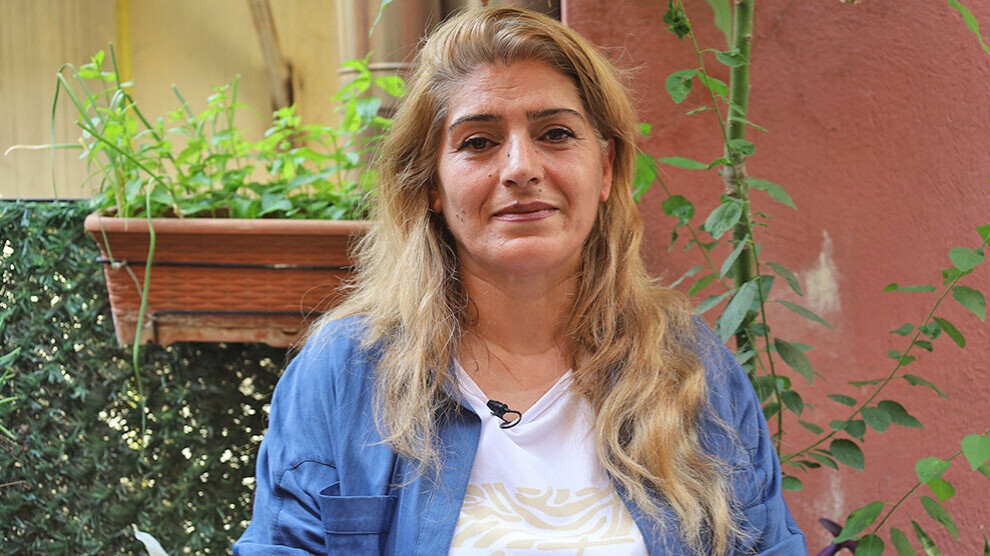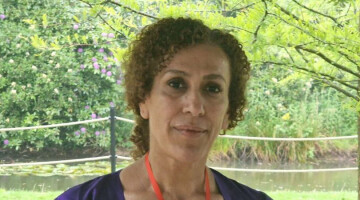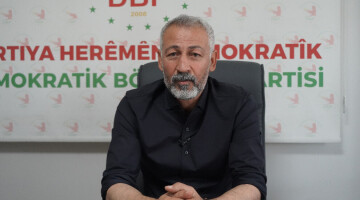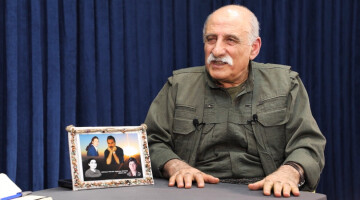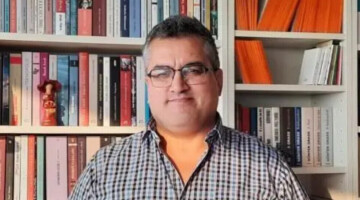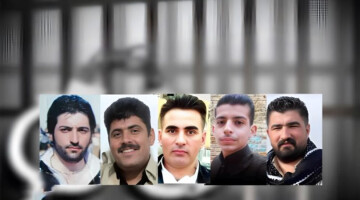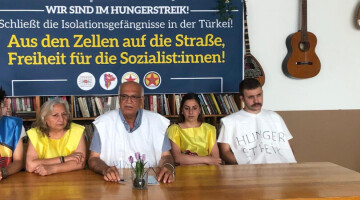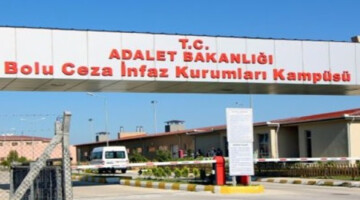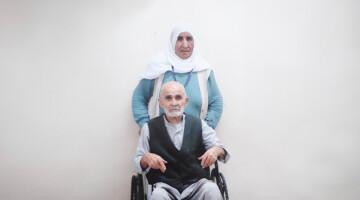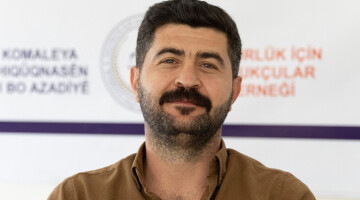The prisons in Turkey have become places where the rights of political prisoners are systematically violated. The threat to seriously ill prisoners is very serious. 1,564 prisoners are registered as ill with the Human Rights Association (IHD), and 651 of them are seriously ill. Nevertheless, they are denied release based on reports from the politically controlled Forensic Medicine Institute (ATK).
According to the IHD, 78 prisoners died in custody in 2022 and at least 42 in 2023. While protests and demands for the release of ill prisoners are ignored, coup-fascist military officers have been pardoned by Tayyip Erdoğan due to their health and age. This openly shows the double standards of the Turkish prison system.
Dilek Sönmez Demir, co-chair of the Marmara Region Prisoners' Relatives Solidarity Association (MATUHAYDER), spoke to Mezopotamya News Agency about the situation of prisoners.
"Ill prisoners are being left to die"
Demir said that there are thousands of ill prisoners and many of them are unable to care for themselves. She said that political prisoners are being left to die deliberately, and added: "Only recently, Ergün Akdoğan was hospitalized and operated on in Tekirdağ F-type prison on the grounds that he had 'fallen'. He died under suspicious circumstances. There are many prisoners who have lost their lives like him. Does the government not see this? Another example is that of Abdulkadir Kuday, a seriously ill prisoner in Metris prison. He weighs only 41 kilograms and is fighting to survive. The government wants to hit the Kurdish people by leaving political prisoners without care. It is as if it were saying: Kurds have no right to life."
Double standards
With regard to the pardon of coup generals, Demir said: "You cannot pursue different policies towards Kurds and Turks. You cannot kill one and leave the other alive."
Demir also spoke about the role of the prison committees, which require political prisoners to express their remorse after the end of their often 30-year prison sentence. Those who refuse are not released. "The monitoring committees prevent the release of prisoners under various pretexts. These bodies are not independent. If we look at the situation since the introduction of this body, we will see that arbitrary decisions are being made. In fact, these committees pose a threat to the lives of sick prisoners."
"Don't look away!"
Demir appealed to relatives, political parties and civil society organizations to put pressure to put an end to the violations in prisons and said: "There must be a joint struggle against the existing oppression. No one who calls himself a democrat and has a conscience can remain indifferent in the face of this injustice. We must listen to the voices of prisoners and amplify them. This is especially true for the voices of ill prisoners. We cannot look away."

